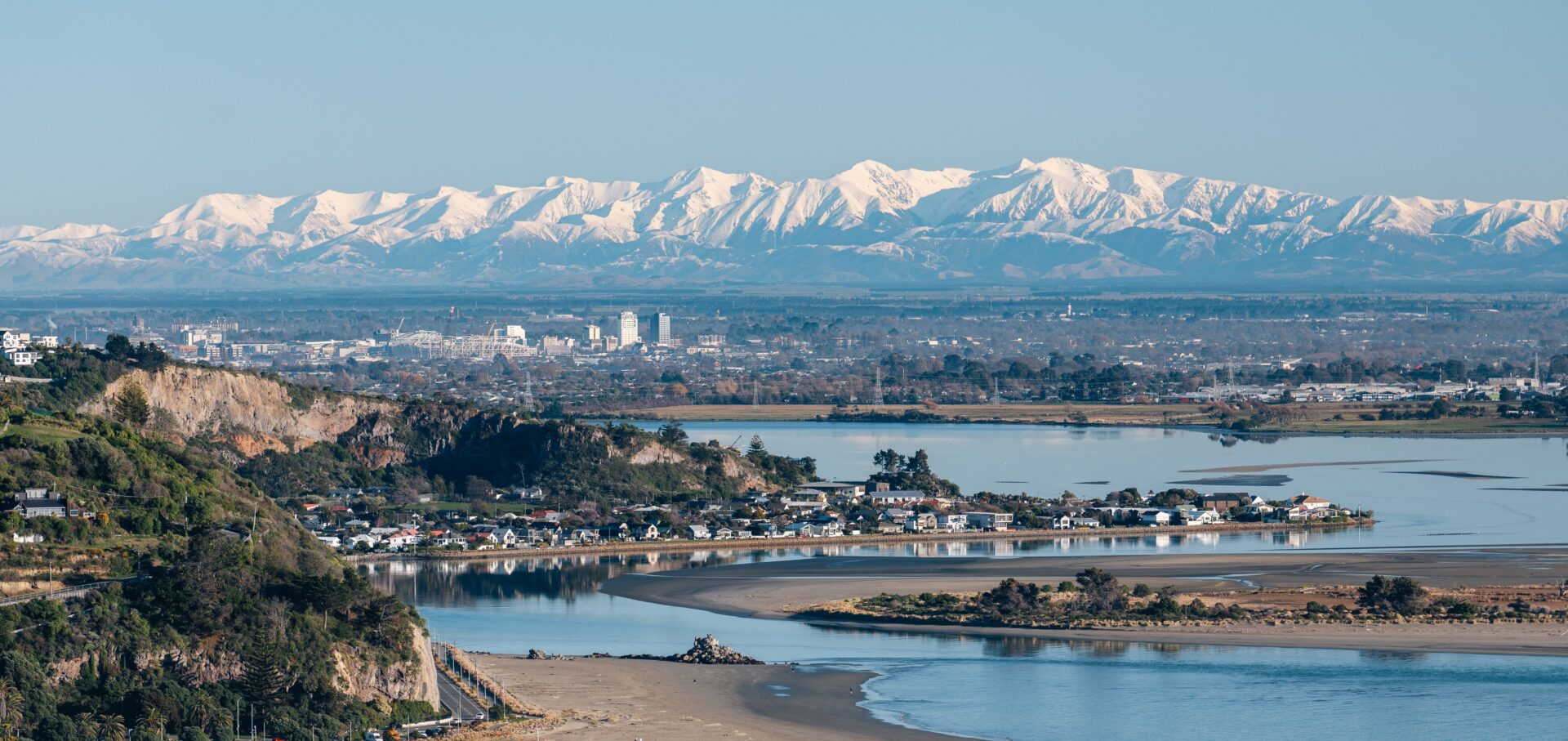Accelerating climate resilient development practice
Location: Tūranga Library
Date and time: Friday 17 October from 10am - 2.30pm
Organisers/Hosts: Norwegian University of Life Sciences (NMBU)
$45
In order to advance CRD, practice-research action is urgently needed. The symposium brings together emerging evidence of such action, leveraging a series of inputs on doing CRD in the real world, each with a particular insight as well as identified challenges and opportunities.
There is a closing window of opportunity to enable Climate Resilient Development (CRD). Dimensions that enable CRD are well known, as are the actions necessary to integrate mitigation and adaptation to advance just, sustainable and liveable futures for all. This workshop addresses the key challenge of better understanding how to practice CRD in the real world.
This workshop creates space for inspiration and problem-solving through sharing experiences, dialogue, and exploring the different challenges, structural conditions, governance systems, as well as levers for transformative action in the Global South and North. By revealing different realities and aspirations, we explore how Indigenous and place-based knowledge can cut through entrenched and taken for granted ways of thinking to re-imagine CRD pathways and enable transformative local action.
Leading scholars and practitioners share their experiences of efforts to institutionalise CRD practice, providing reflections from diverse ongoing efforts in different contexts around the world, ranging from local urban planning to indigenous-local government partnerships and disability inclusive climate planning. Participants are encouraged to come with their own examples to share to enrich the coffee table discussions.
Climate change is an existential peril that is integral to global change. Placing people and their knowledges, rather than physical infrastructure and technical fixes, at the centre of action is central to this exploration of CRD practice. Indigenous and Local knowledges and practices are key to re-shaping place-making and building meaningful lives in the face of disruptive change.
Workshop participants will be inspired by the stories shared and invited to re-imagine how to overcome barriers and unlock opportunities to deepen, extend, and accelerate CRD practice. Our aspiration is to jointly develop a one-page manifesto/principles on how to operationalise CRD practice that we hope can be taken forward in future Adaptation Futures conferences.
Preliminary programme:
The workshop includes short presentations that provide insights from ongoing CRD practice and coffee table discussions gathering wider evidence of CRD practice from around the world.
10-10:20 Short introduction with Climate Resilient Development (CRD) basics and aims of symposium. Siri Eriksen and Bruce Glavovic
10:20-11:30 Opening up space for multiple CRD knowledges – what is CRD to whom?
- Engaging local climate action:
- Aotearoa (New Zealand) adaptation action: Huhana Smith
- Reflections from Aoteraroa on CRD practice: Bruce Glavovic
- Disability inclusive CRD action: Katharine Vincent and Áine Kelly-Costello (empirical examples and dialogue)
Some key questions we explore include: How can diverse knowledges help reframe and deepen meaningful CRD practice? How do we effectively open up space for knowledges that contest business as usual in key arenas of engagement and decision-making?
- Coffee table discussions
11:30-12:15 Lunch
12:15-13:25 Between growth and sustainability: values underlying politics and practices
- Critical decision points for CRD in European cities: Sadie McEnvoy
- Can the Nordic welfare model survive climate change? Equity and solidarity in climate action (Case study of local municipal action in Norway): Siri Eriksen, dialogue with other Nordic example?
- CRD action in urban transitions (Case study of Cape Town): Nick Simpson – comments on a rural contrast in Vhembe by Sadie?
Some questions we explore include: What values, governance and politics can advance CRD in high consumption wealthy societies? Are barriers and enablers of CRD different in less affluent societies? How can equity be centered in CRD practice? How can local CRD communities of practice best be supported (draw lessons from the SA adaptation network?)
- Coffee table discussions
13:25-14:15 Plenary round
Framing a one page manifesto of critical social science perspectives on CRD practice. Participants are encouraged to share insights from their own experiences from different cases of CRD-relevant action from around the world as well as key insights from coffee table discussions.
14:15 Summing up and the way ahead
14:30 Closing
Outcome:
- Practical cases and groups of practitioner/researchers identified
- A map showing location and brief details of these practical cases
- Some critical lessons for advancing CRD across cases identified
- Common points for practice distilled in a 2 pager ‘manifesto’, the themes around which the community of practice can continue interacting.
- Informal communities of practice with self-organised groups (e.g. geographic), such as e.g. Nordic network as an outcome and bridged with global. Support for a disability constituency at the UNFCCC.
Conveners:
Siri Eriksen, Norwegian University of Life Sciences (NMBU) siri.eriksen@nmbu.no
Katharine Vincent, Kulima Integrated Development Solutions katharine@kulima.com
Bruce Glavovic, Massey University, b.glavovic@massey.ac.nz
Key Dates
Early Bird Registration Closes
15 July 2025
Adaptation Futures Conference
13 - 16 October 2025
